What is the Health Support Team?
The Health Support Team is made up of individuals from local communities who have committed to becoming a resource for others in times of crisis and in the long-term recovery after disasters. They are healthcare providers, behavioral health providers, emergency responders, students, parents, teachers, friends, workers, and anyone from the local area who is interested in learning and applying some simple supportive techniques and tools in the assistance of their fellow citizens. The Health Support Team is YOU— people who are trained to support. This training is focused on the particular needs of adults, seniors, children and teens following a disaster or other significant negative event or critical incident.
What does an HST trainee do?
Health Support Team participants work in their communities, organizations, faith communities, schools and neighborhoods, supporting family members, friends, students, colleagues and acquaintances by listening, supporting, and caring. HST trainees don’t solve people’s problems for them; they assist members of their community, when possible, by fostering resiliency, and providing tools that aim to support overall health and recovery. They engage in a supportive relationship, and when needed, refer people to the resources they might need, such as a mental health professional or a medical doctor.
What does an HST trainee NOT do?
Health Support Team members do not psychologists, therapists, or counselors. They are not trained or qualified to diagnose mental illness, treat medical problems, or function as a professional in medicine, mental health, therapy or counseling. Those who become HST team members or Trainers who are professional licensed healthcare providers provide care within their scope of practice, and receive training on adapting conventional care to the disaster environment.
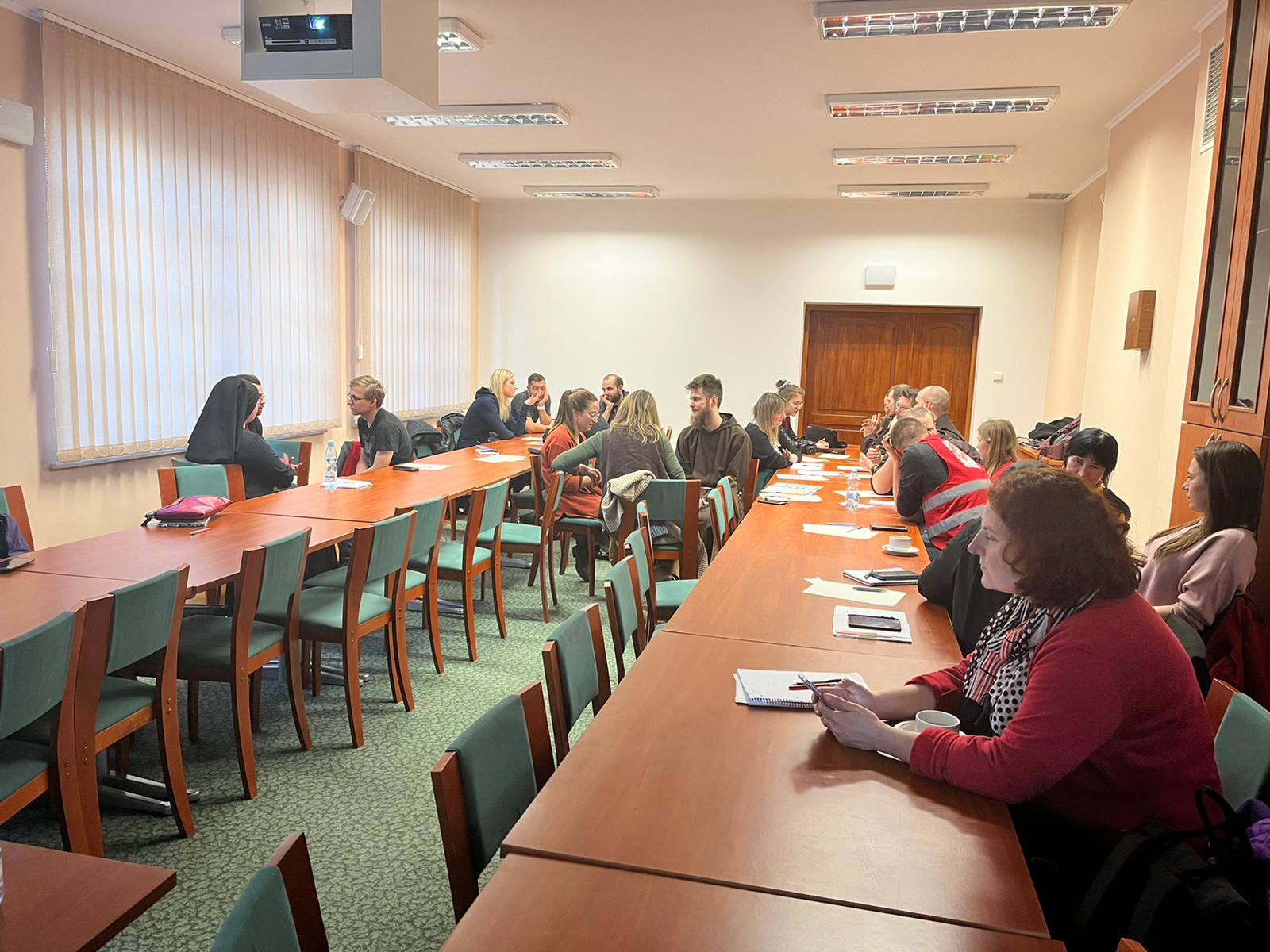
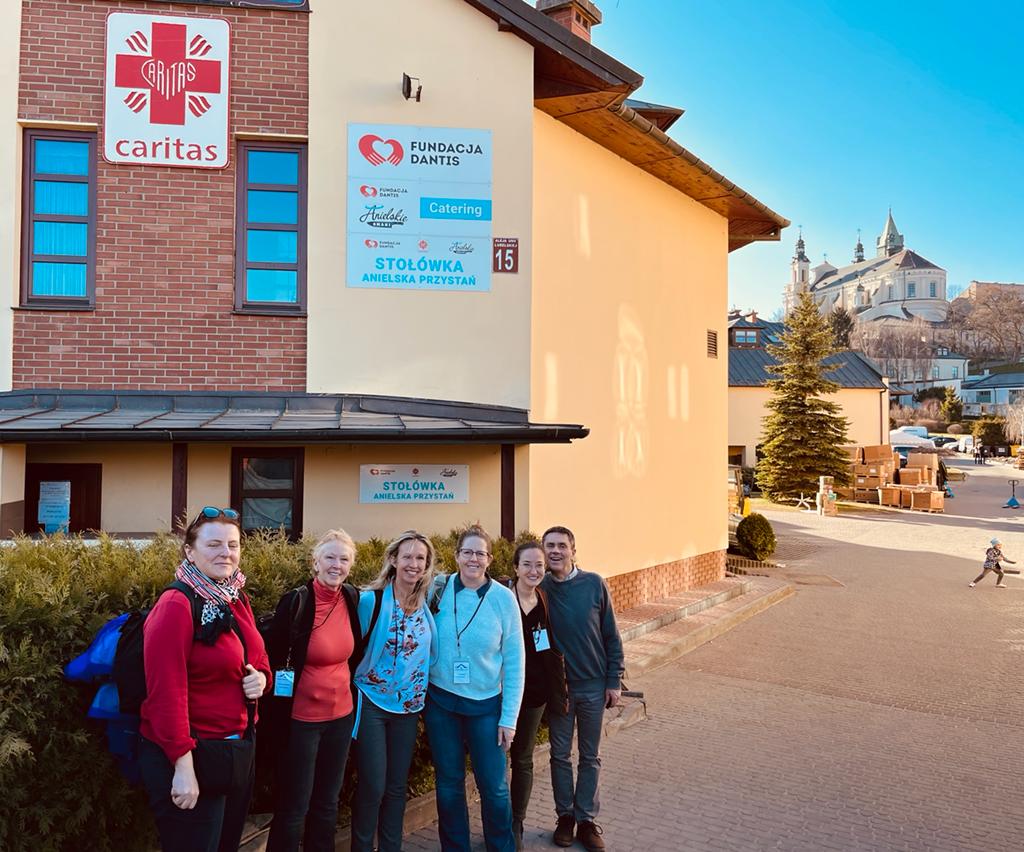
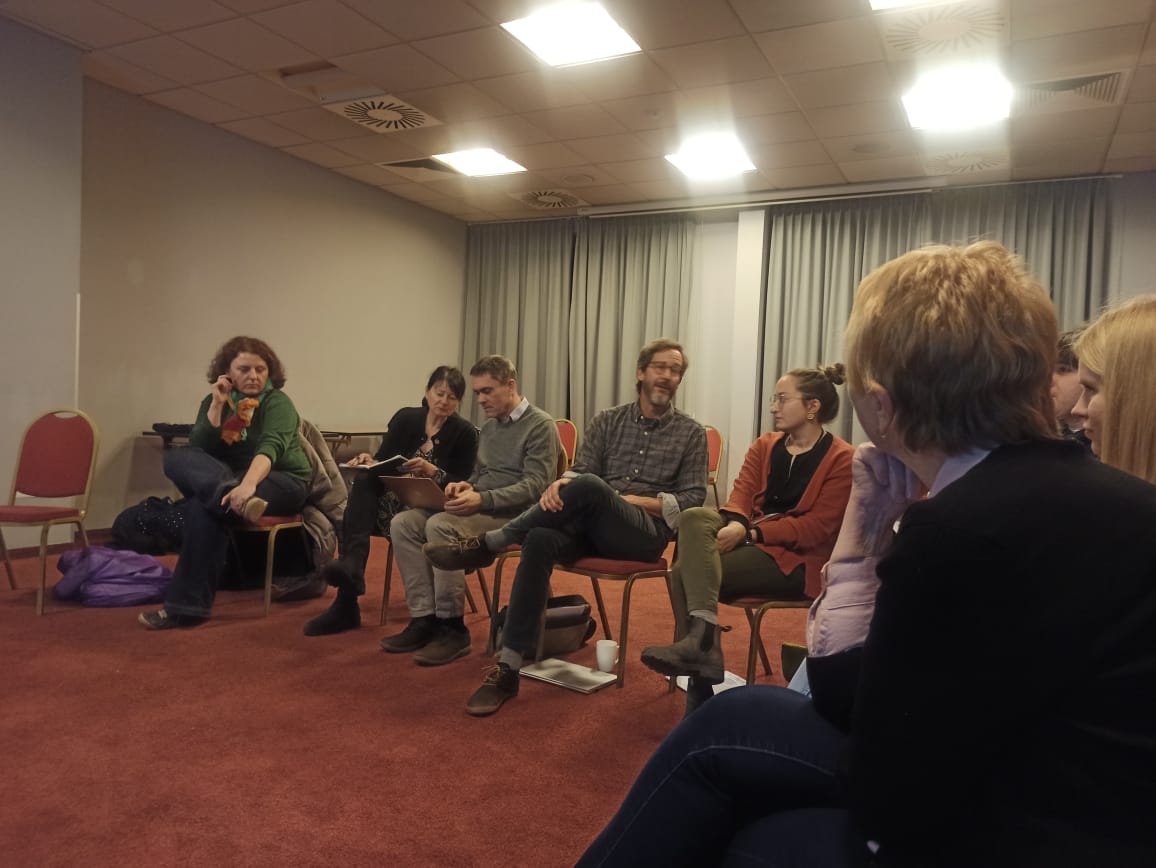
Training Modules
The HST training program was designed to provide participants with the skills and knowledge they may need to support their fellow citizens and serve one another through a peer relationship, offering basic behavioral health support. The modules presented in this training cover the following content areas:
Module 1
Introduction to Health Support Team, Disaster Response & Recovery
Module 2
Health Support Team Skills and Techniques: The Supportive Relationship, Communication Skills, Active Listening, De-escalation
Module 3
Health Support Team Goals: Engaging with Key Issues. Moving from Listening to understand the problems, to Referral for professional support when needed.
Module 4
Health Support Team Tools: Relaxation, Stress Reduction, & Thinking Strategies
Module 5
Health Support Team Member Self Care, Boundary Setting and Team Support
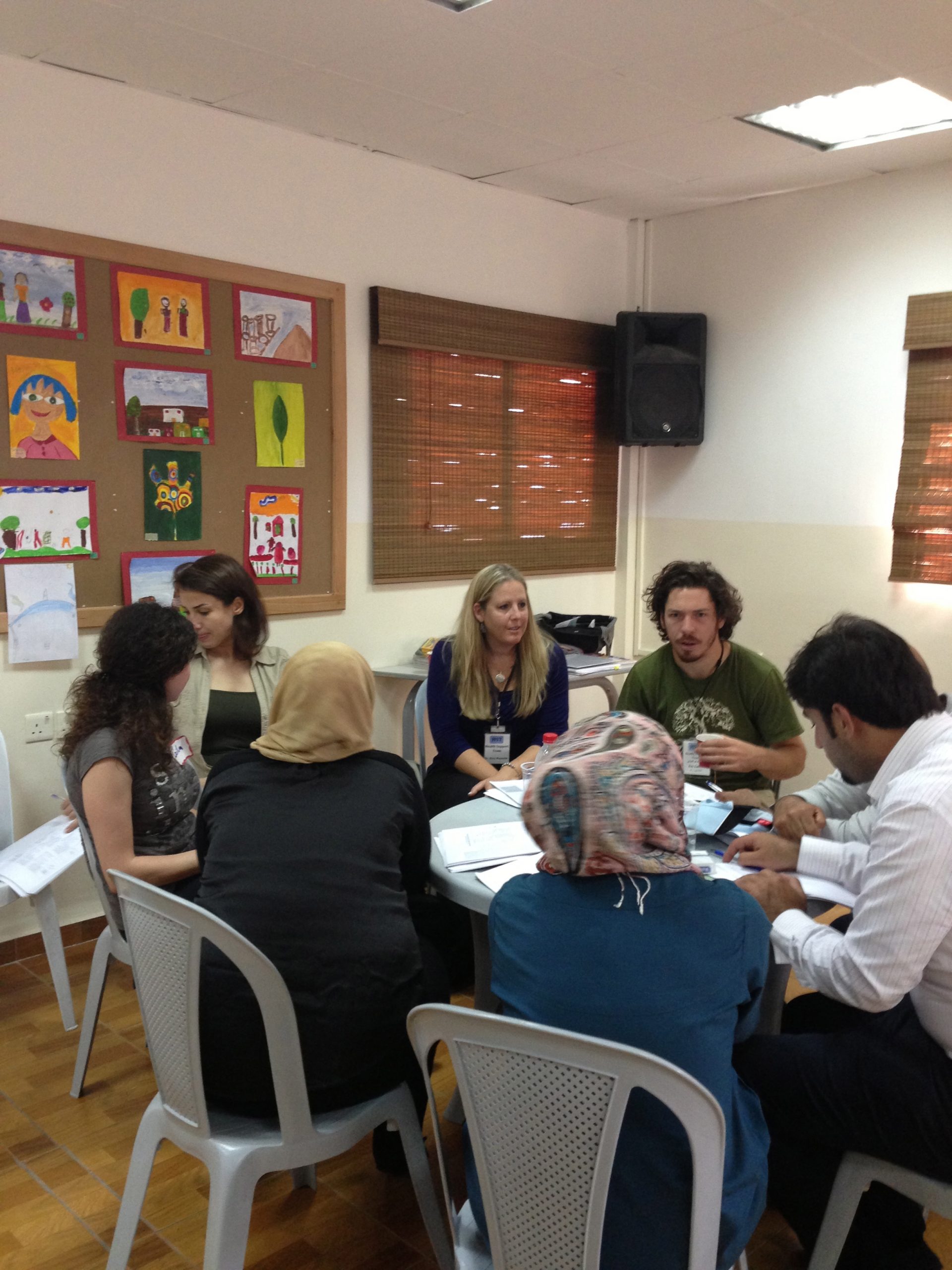
Program Elements and Benefits
Community-based team members
(local or indigenous) provide basic mental health support to friends and family
Layer 2 on the IASC/MFPSS pyramid
community and family support
Psycho-education
on behavioral health impacts of disasters and other crisis events
Prevention and Preparation
Response
Immediate as well as more comprehensive and ongoing
Reduces response time
In areas where training has already occurred and HST team members can assist
Adapted
To suit regions prone to natural or man-made disasters
Effective for Long term response
to disaster recovery for acute or chronic and ongoing disasters
Sustainable
Does not rely on outside resources
Community and Family Support
in the hands of affected communities and families
Volunteers are imbedded
in the community
Volunteers know
the nuances of culture, language and faith traditions
Volunteers
“pass the training forward”
Collaborative
Created to be a part of a systemic approach in collaboration with other organizations such as government ESF-8, NGOs, Schools, Faith-based organizations and other community resources
Adapted for specialized work-groups
Collaborating with existing NGOs such as education, medical, community leadership, and child and gender protection
HST can also be provided to professionals
in medical and behavioral health in a train-the-trainer format and is offered as specialty training for teachers and parents / caregivers as well.
The Content
The content of the Health Support Team training program includes individual modules that cover
Psycho-education
information about mental health impacts of disasters, the nature of trauma and responses to trauma;
Supportive communication
Including active listening techniques, managing difficult conversations, and effective communication
Situational assessment and referral process
information on suicide, substance use, anger and violence de-escalation, and serious mental illness, including decision making for problems which lie outside the scope of an HST volunteer’s training;
Promotion of resiliency
including disaster preparedness and active coping
Tools to assist with acute stress responses
Breathing, relaxation, mindfulness, physical activities, addressing avoidance related to anxiety, behavioral activation and other stress reduction tools;
Methods for working with children
Information on how trauma impacts children and teens, managing grief and loss, helping the child who is withdrawn or acting out, how trauma impacts learning and the classroom.
Self-care practices
Creating healthy teams, understanding psychological risks associated with responding to disasters, setting boundaries, and responsibly handling compassion fatigue.
